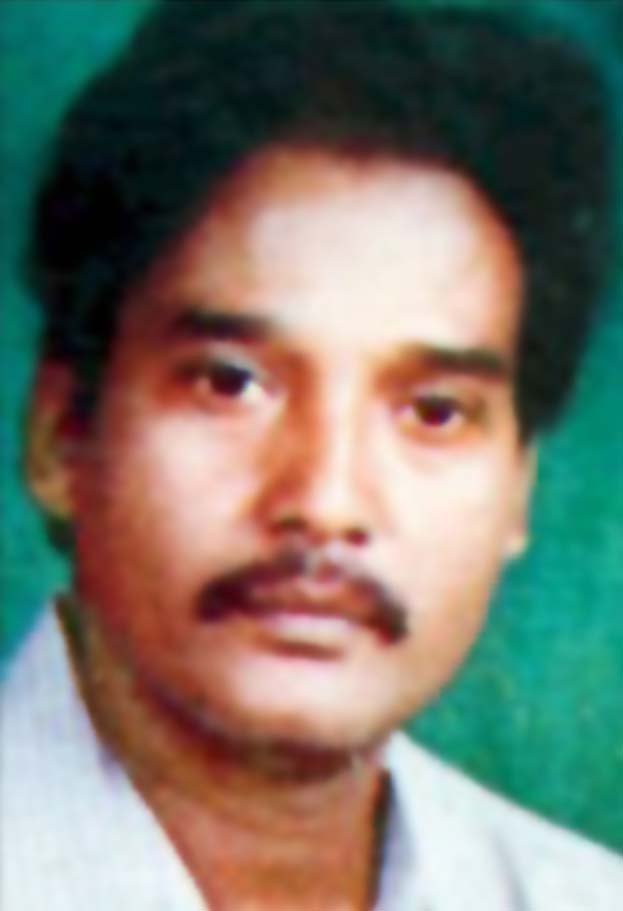Anil Gharai is arguably one of the most significant authors of Bangla Dalit literature who has authored 74 books. His works deal with the stark everyday realities of people on the margins and the complex interplay of domination and subjugation in these spaces.
Agony, a translation of Gharai’s Bengali poem Agunburi by Indranil Acharya plunges to the depths of the woes undergone by the Dalit community. It tells the tale of an old desolate Dalit woman striving for her basic amenities of food, water and shelter. The woman with her blurred BPL card becomes a representation of the many deprived souls among the marginalized communities for whom the tricolour stings like a venomous asp. The quagmire of racial bigotry, caste supremacy and upper-class prejudices have bereft these poor of their identity and have left them in pestilence to burn their mind, body and soul.

By foregrounding the story of an old woman who is going to get her ration from the ration shop, Anil Gharai talks about the entire community, how they struggle for food, water and shelter and how they’re oppressed and deprived of their necessities in life. That’s a tale told with much difficulty. The poet puts forward a question about where the dispossessed Dalits belong -forests, land or hearth. The tricolour which is a symbol of freedom and liberty to all stings like a poisonous snake on her wrinkled face and famished body as there exists no hope or freedom to the marginalized.
“I need food, I need water, I need shelter amongst my people” is the demand raised by the Dalit community. The picture of the old woman crouching slowly towards the closed ration shop with her stick is a depiction of the life of the deprived. The poet says that she is a sketch in black and white which symbolically means that her life lacks colour and she is devoid of happiness and dreams. She never had a taste of the fullness of joy the country promised when it declared its independence. While this forlorn soul trudges an aimless path with tearful eyes, the dry land around her promises nothing, but ruin.
The beauty of the moon in the evening makes the old woman feel sick as the tempting dreams of forbidden pleasures of yesteryears return to sting. As time passes her fight with the need for rice, hearth and cloth continues. On one side there is the festival of Holi with the mad splash of colours while on the other side, the colourless fight for basic needs is on.
Gharai ends the poem by saying that the nation is deprived and the same deadly pestilence of the caste system is burning in every decayed household and the people are doomed like ancient women who were struggling to survive. The poem ends on a pessimistic note without any hope for the future.
A staunch supporter of Dalit causes, Gharai fearlessly manifests the angst of the marginalized and downtrodden through his works. In them, Gharai explored caste-based and gender-based oppression in the rural areas of coastal Bengal.